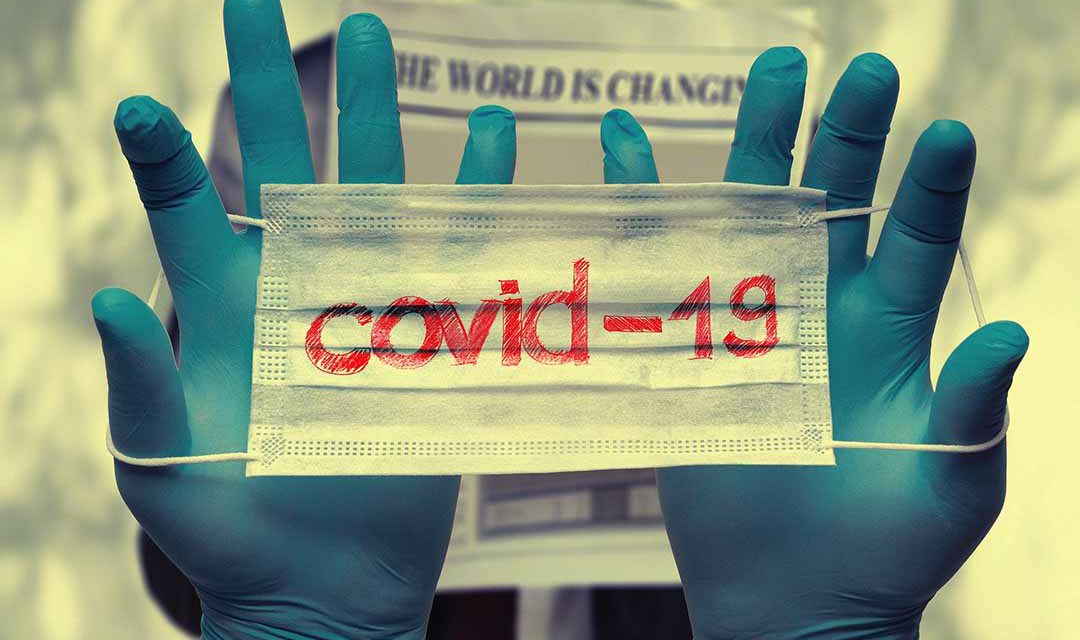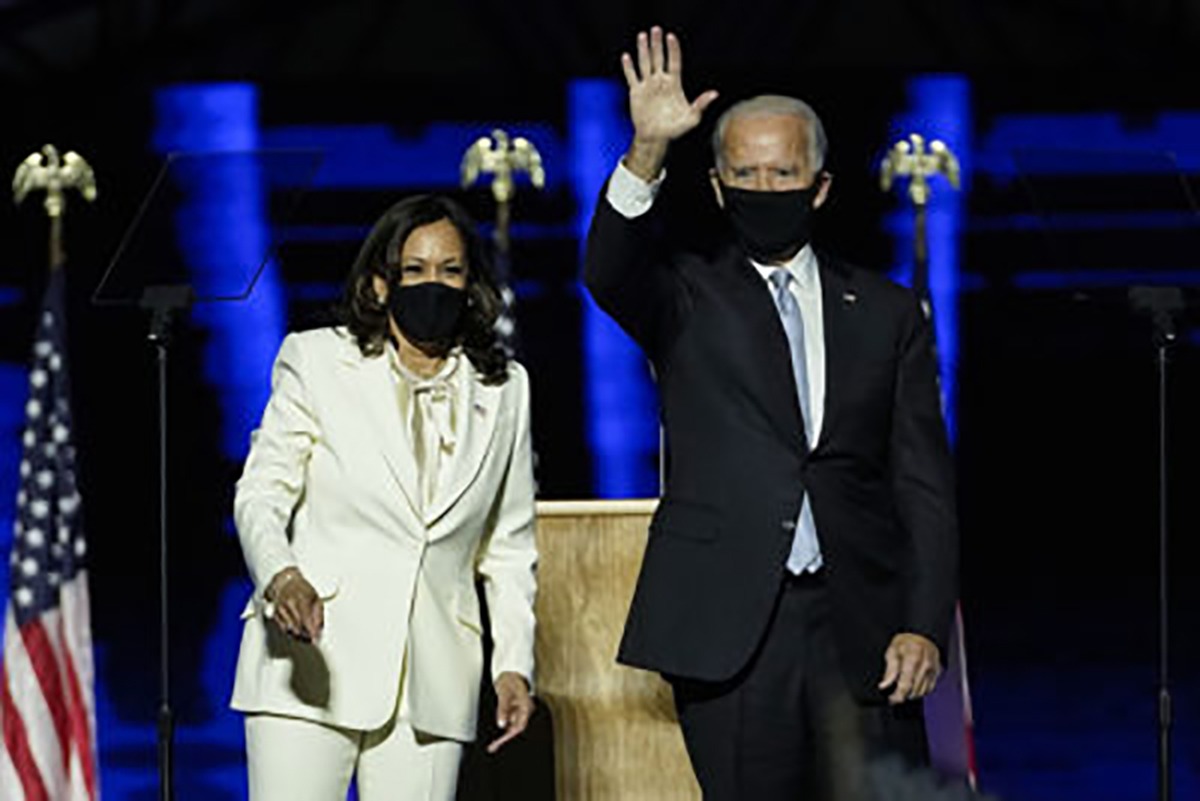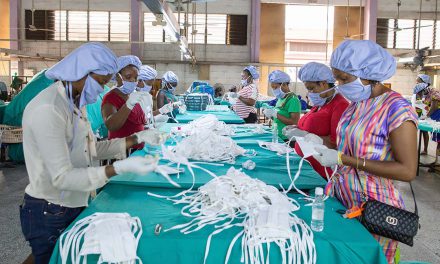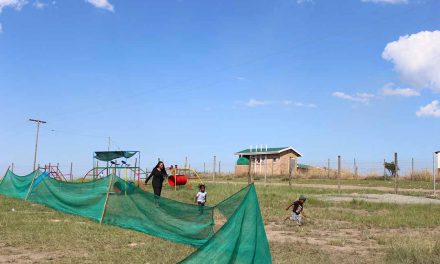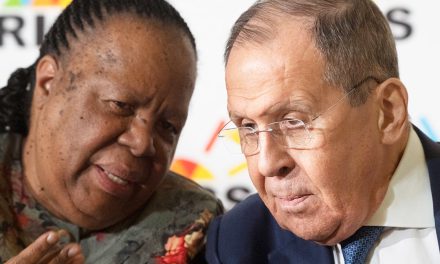
Prof. Alain Tschudin, PhD
Executive Director, GGA SADC
Registered Psychologist (HPCSA)
27 March 2020
Dear partners, colleagues and friends,
On behalf of our chairman, directors and our team, I would like to share some reflections and solidarity from GGA on the global health emergency related to the Coronavirus disease, COVID-19, declared a pandemic by the World Health Organization (WHO). This statement considers the disease, responses and how organisations such as ours are willing and able to help.
COVID-19: the disease, its spread and the imperative to stay at home
Coronaviruses themselves are not new; they are implicated in anything from the common cold to more serious conditions such as MERS (Middle East Respiratory Syndrome) and SARS (Severe Acute Respiratory Syndrome). COVID-19 is the disease arising from the latest Coronavirus discovered in 2019. See the dedicated WHO website here: https://www.who.int/emergencies/diseases/novel-coronavirus-2019/
The extremely contagious nature of this potentially fatal respiratory disease, and its remarkably rapid spread, means we are approaching 550,000 cases and 25,000 deaths globally. Many countries have closed their borders, declared a state of emergency and engaged in a total lock-down, obliging citizens to stay home.
This is the most sensible and urgent thing to do, to contain the outbreak to “flatten the curve”, which is why people around the world are being asked to remain in self-isolation. “Social distancing” simply isn’t good enough and is not working anymore. The problem we face is care for serious and critical cases. The caseload is too heavy and there is not enough equipment such as ventilators and ICU units to meet the exponentially growing need. Medical services globally have been overrun by demand, which outstrips supply. The logic is that if we can slow the spread, emergency responders may have a better chance at saving lives. We are seeing triage only ever witnessed in war zones, where doctors must choose between who lives and dies. This is avoidable, if people just stay at home.
A challenging time: the harsh economic reality, aftermath and response
The COVID-19 pandemic has already wrought havoc with the global economy, and Africa is far from immune. In the past weeks, and escalating over the past days, we have seen many small businesses and some medium-to-large scale ones shutting their doors, in certain instances after decades of work. People are being laid off or placed on “short-time”, airlines grounded, while production lines grind to a halt. What about the “informal economy” and traders who live hand-to-mouth? Those whose livelihoods were precarious enough, with families and dependents to support? How do government bail-outs and relief measures apply?
It is all well and good to have philanthropic donations, but as in any emergency response plan, the response needs to be coordinated, gaps analysed, needs-priorities identified, and duplication avoided. In many cases, we are going to have to be self-reliant at a local level and for quite some time.
Much as this is a time of stress, uncertainty, anxiety and disease, it is also providing society with an opportunity to step back, reflect and reset. Africa is the youngest continent, population-wise. The pandemic provides us with a challenge and the chance to build social and economic resilience for the future. From a governance perspective, COVID-19 provides a wake-up call for governors globally to have well-considered emergency plans in place that do not allow us to be caught unawares, but save both lives and livelihoods, as Mr Daniel Ngwepe, one of our directors, recognises.
Moving ahead: adaptation, resilience and ethical leadership
Given the global eruption of this pandemic and the fact that governments are scrambling to find resources, Africa cannot rely on donor aid to help us fight this. Even some of the world’s most successful economies, with leading infrastructure, are being steamrolled by this disease. We have to rely on ourselves, therefore, and build our own resilience and capacity to save our people, our societies and economies.
As Africans, we are used to being adaptive and innovative, often driven by necessity, and we do have an indefatigable capacity to stand on our own feet. The law of unintended consequences can apply positively to us during a time of crisis such as the one confronting us. One example of innovative African social tech is the imminent use by the WHO of a free service using the WhatsApp based platform developed in South Africa for roll-out to 50 million people with information on Coronavirus. There will be many more.
COVID-19 makes the need for development abundantly clear. As esteemed director Ngwepe continues, “Saving lives requires adequate infrastructure and skills: hospitals, health-care centres, nurses, specialist doctors and medical researchers, proper housing, water, reliable payment systems, industries that can produce supplies necessary for survival quickly. All of this is possible if there are independent institutions, good governance, transparency, ethical leadership etc.”
Governance and sustainability: solidarity as the key to prevailing
As a pan-African NPO dedicated to promoting good governance on our continent, we applaud our leaders for taking bold and brave steps to safeguard life. This is right and proper action in the face of the great cost that arises from the economic shutdown necessitated by the self-isolation that is critical to fight our invisible viral enemy. However, this is only the start. Any intervention needs, as a yardstick, the classical governance values of accountability, transparency and participation, adherence to rule of law and a rights-based approach that promotes inclusive development and sustainability. The agility of our various nation-state governments is going to be tested by the COVID-19 pandemic, as will be their capacity to respond swiftly, effectively and decisively. Civil society and not-for-profit organisations such as our own, with the skills and capabilities to make a meaningful contribution, stand ready to assist and support, working with governments and the private sector to optimize a whole-of-society approach. We have information, research and advocacy-sharing capacities, and most of all, human resources, that we are ready, willing and able to dedicate to this fight and to ensuring that, with the solidarity required, we can beat this and emerge all the better and stronger for it. Stay safe and be well.
ALAIN TSCHUDIN is a former Executive Director of Good Governance Africa. He is a registered psychologist with Ph.D.s in Psychology and in Ethics. He was a Swiss Academy Post-doctoral Fellow at Cambridge and oversaw the Conflict Transformation & Peace Studies Programme at UKZN for several years. He has broad research and community engagement interests and has worked for various universities in Africa and Europe, with the European Commission, with local and international NGOs, as CEO of a leadership development agency, and as lead consultant for Save the Children and UNICEF, most recently as Child Protection Assessment Coordinator for Northern Syria. Alain has an adjunct association with the International Centre of Non-violence (ICON) and the Peacebuilding Programme at the Durban University of Technology.

